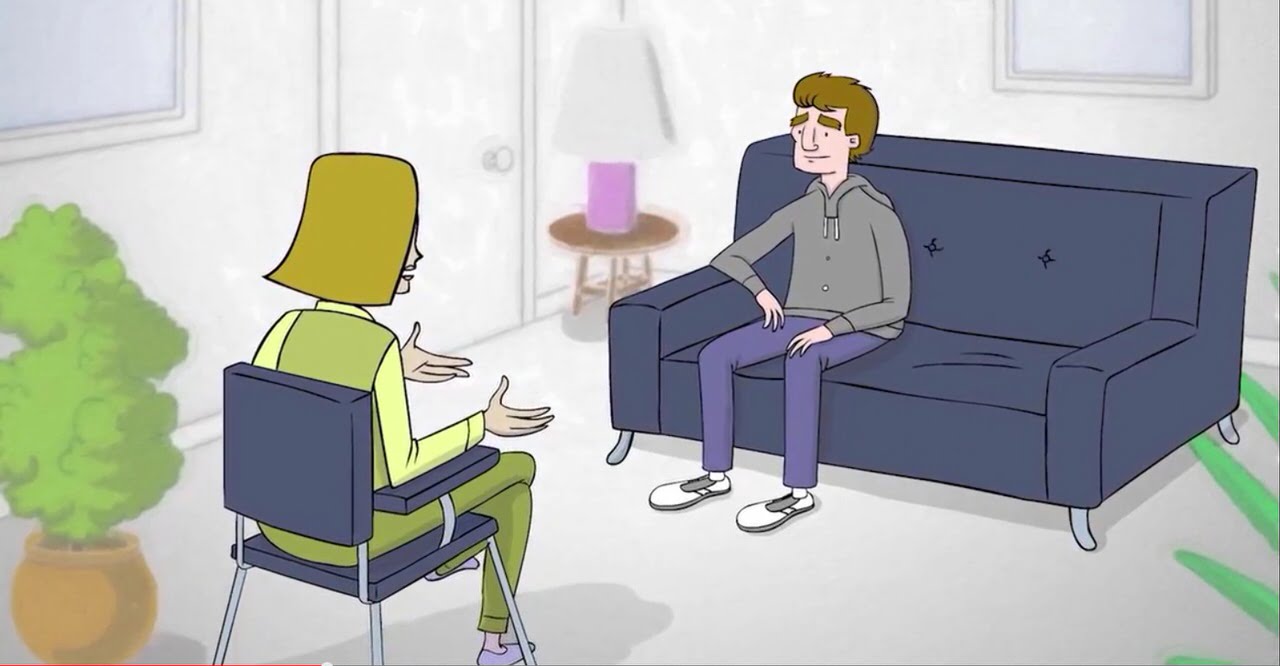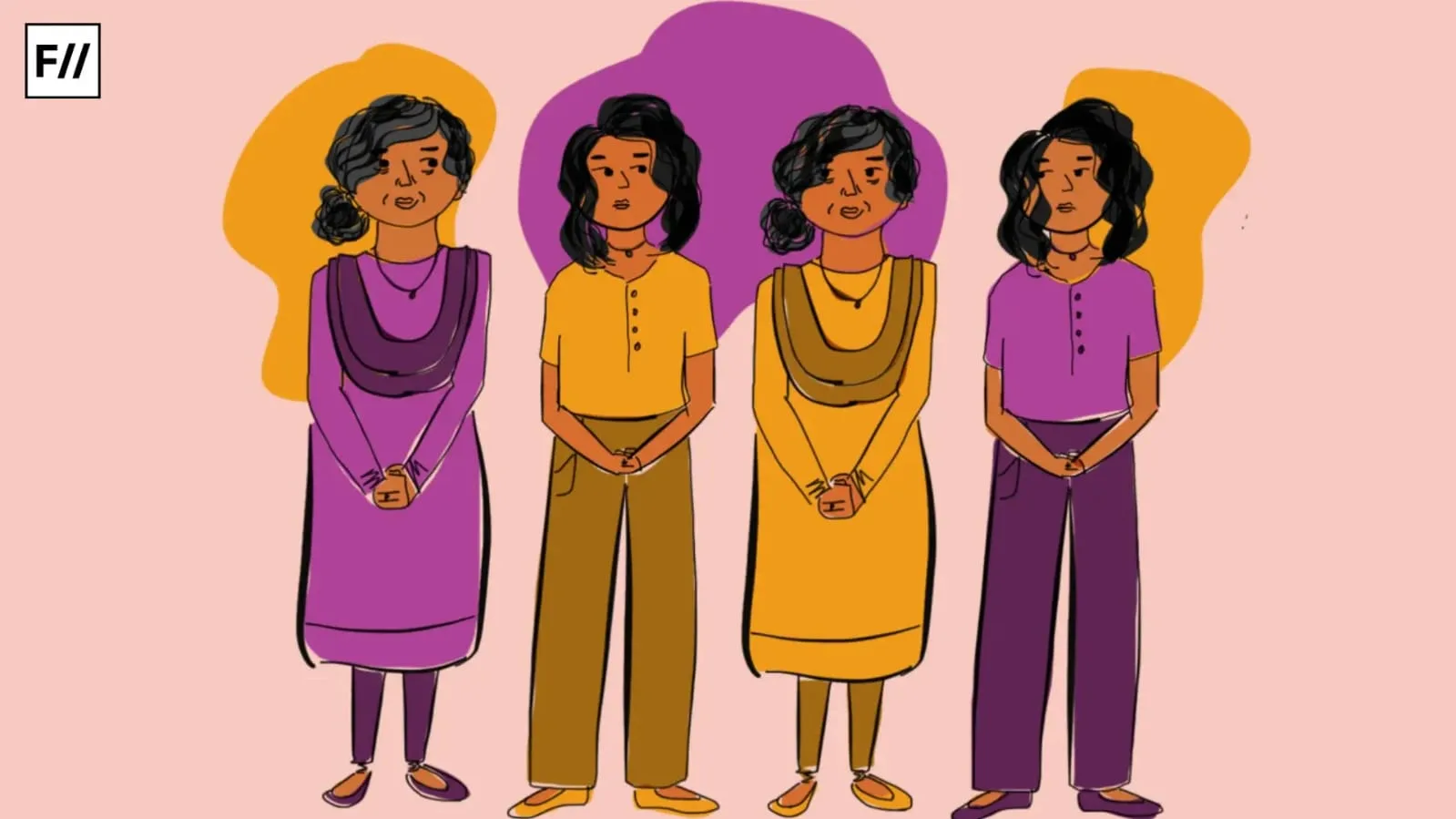If you’ve just come to this, then you may also be interested in Part 1 (Do I need a therapist?) and Part 2 (How do I know if this therapist is right for me?)
When I signed up for therapy and decided that I was going to go it didn’t even cross my mind to prepare for it. That’s usually me, absolutely no foresight. Sometimes, I think I live my entire life just by winging it. But, as I was saying, I went entirely unprepared for my first appointment with the psychiatrist. All I knew was I wanted to feel better. I wanted to stop feeling like I was going to dissolve or explode or any of those feelings of restlessness that used to grip me in those years.
So when I went to my therapy session, I started to say some basic thing with no real relevance because how do you get to the heart of what you want to say when you’re sitting across a stranger? About two sentences in. I started to cry. The rest of the appointment is a disaster but more about that later. For now, I’ll just tell you what I think you should expect from your first appointment for therapy.
Overcoming resistance
First, from within. You will find resistance from within yourself. You will want to put things out there politely, even though you want to get to the problem immediately, you’ll still keep things pleasant and polite and understated the first time. You’re never really getting to the ugly details. This is normal. You can’t just talk to a stranger about all the darkness in your life. To combat this, I suggest you list things down starting a few days before your appointment. I still list down my questions, ideas and themes I want to discuss at my appointment but I do it the day before now, instead of a few days.
I say do it a few days before because as you near your therapy session, you’ll find it is on your mind and your mind will keep bringing up things you should talk about. It’s best to start two or three days before the appointment and to keep jotting them down as they occur to you. This will help you structure your session and what you want to say in it. Once you’ve got them down on paper, you’ll find you have enough distance from the issues to at least last one session coherently enough to explain your situation. And that’s exactly why you need to do this: in order to convey clearly to your therapist why you’re seeking help.
Whys and whats
Which brings me to they why of things. Once you explain you problem to the therapist, most of them are going to ask you this or a variation of it, “And what do you want to achieve from therapy?” This is a good question because it forces you into a position of trying to understand why you’re doing what you’re doing, which is therapy. Some of us answer saying we want to be happier, others — like me– say we just want the pain to stop and want our life back in order and in some semblance of control. Some of us specifically say we want to be stronger, others say they’re doing it because someone asked them to or that they want to save a relationship. Loads of reasons why people go into therapy, yeah? Find your reason. A simple statement, few words, and don’t worry about sounding like an idiot. You won’t and it’s okay if you do.
Participating
A therapist is not a magician. Once you state your problem, it might be that your mental health professional might take over and conduct the therapy session, and that’s okay for now. But it’s extremely important to participate in your sessions. Help your MH expert with details you think are important, correct them when they are wrong so that they get a better idea of your life. Ask questions about what you need to do next; ask them what their treatment plan is and, if medications are involved, ask tiresome, relevant and really involved questions till you get your answers. Be in charge of your narrative.
Your shrink
What must your shrink be in order to trust them?
- They must listen to you in a calm, unhurried way. No checking phones, or answering calls that seem, well, not important; no looking distracted or uninterested, and maintaining eye contact. Your doctor or therapist must let you talk and not hurry you. The first shrink I ever went to talked to me for 11 minutes or so while rifling his papers and said, “Yes, yes, you have bipolar disorder, take this medicine.” That’s it. It was a terrible, terrible experience. He didn’t explain what it was, what I must do, what I need to do next etc.
- They shouldn’t show any signs of judgment. No raising eyebrows at your colourful sex life, no change in expression when you say you actually hate someone you love, etc. Walk out of there if any of this happens ever.
- Finally, your MH professional should discuss the treatment plan with you and seek your consent to go ahead with it. Ideally, they should also tell you how much it’s going to cost per session. But feel free to ask.
Emotion-wise, be prepared to feel a little underwhelmed or, as it happens to some of us, brimming full of hope. Both feelings are a bit deceitful and neither of them tells you whether this is going to work out or not. Persistence is usually the key to getting the results from therapy that you are looking for. Continue your therapy sessions, and suddenly you’ll find that the voice of your therapist is now becoming your inner voice and you’re on the road to getting better.
If you want to write to Sandhya, email her at therestlessquill@gmail.com. She can’t promise to reply promptly, but she will eventually reply. She tweets at @therestlessquil and you can follow her Facebook posts here.
Disclaimer: This post was originally published at The Restless Quill and has been cross-posted with the author’s permission.
About the author(s)
Sandhya Menon is a writer, journalist, feminist, mother. She writes about her life, mental health and women. She also writes fiction and poetry.




